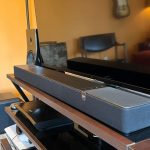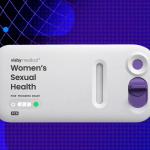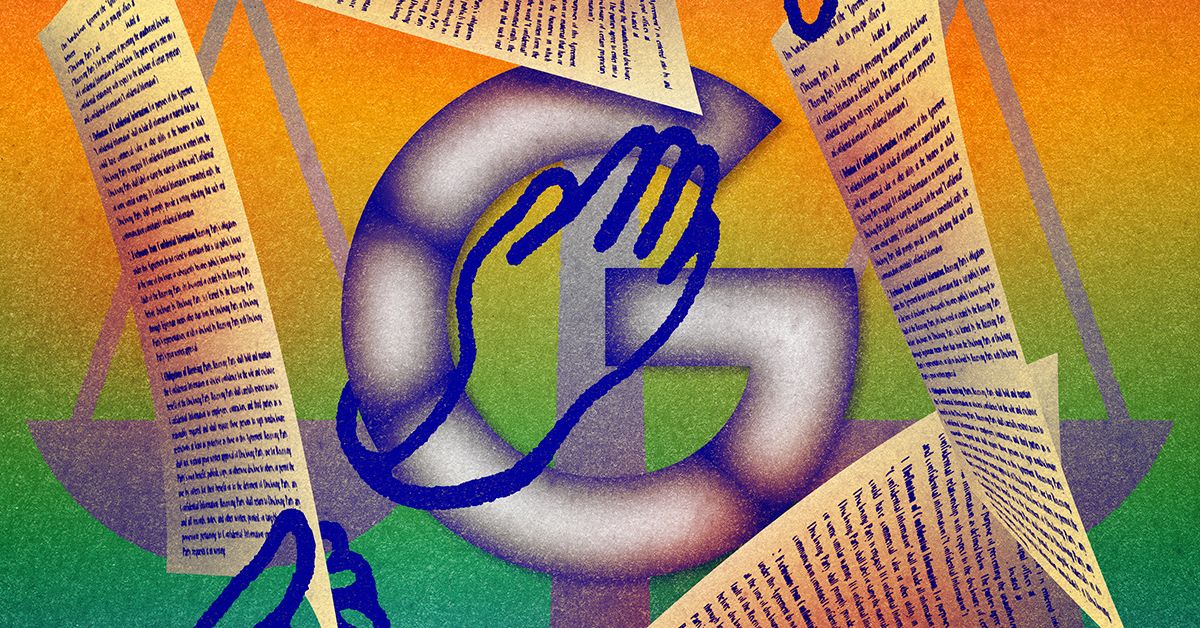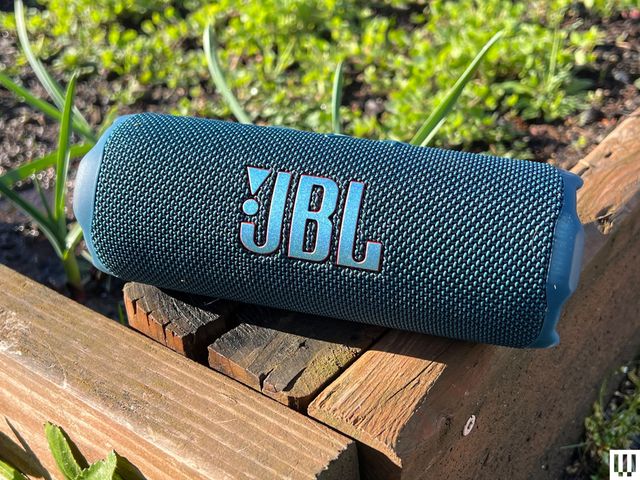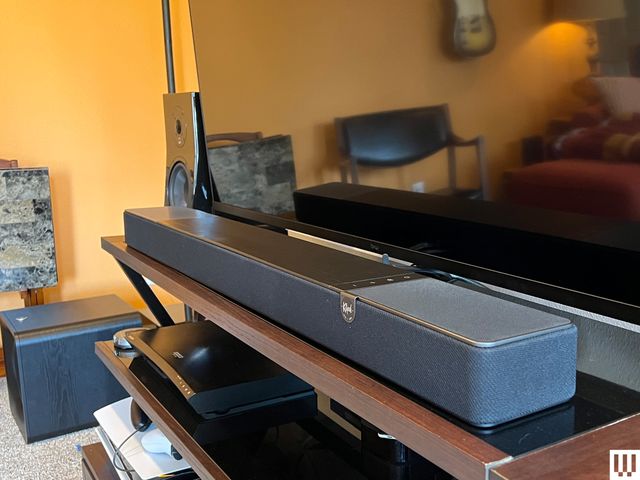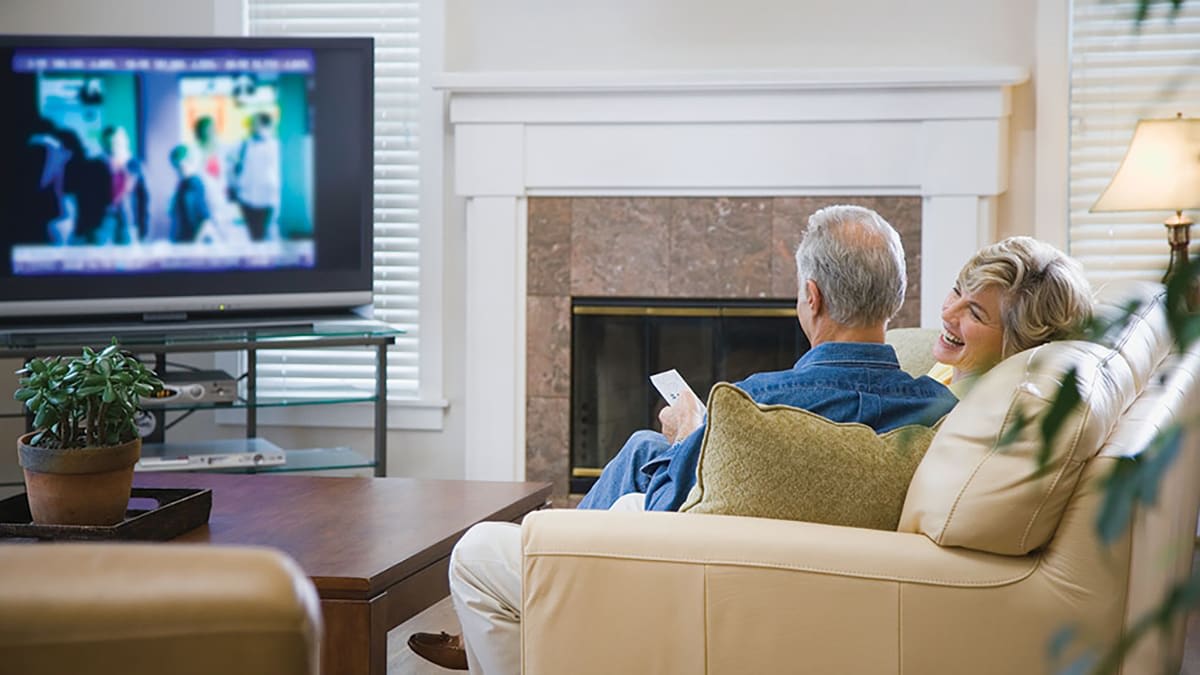
It’s a common problem: People with hearing loss have trouble watching television. Even with the volume at maximum level, many of them can’t quite make out the dialogue.
For me, this problem hits close to home.
In the later years of my dad’s life, he struggled to understand what was being said on TV shows. When I called or visited him, the TV was often at full blast. And yet he complained that it really didn’t help him follow the onscreen conversations. It simply added another layer of commotion.
“We see this issue quite a bit, especially with our older patients,” says Meredith Scharf, AuD, of Manhattan Audio in New York. “It’s not just volume; it’s clarity anytime there’s a high background level of noise. It can be with speech and conversations, as well as with TV.”
Hearing loss can also be an issue for children and younger adults who may be using laptops and other mobile devices to watch TV shows and movies.
“The younger generation, like my daughter—who is hard of hearing—often doesn’t own a television and streams from their laptops,” says Janice S. Lintz, a hearing loss advocate in Washington, D.C. There are solutions for those types of listeners, too, she says.
If you’re having trouble, it’s always a good idea to get your hearing checked by an audiologist or other specialist. Meanwhile, you don’t need to give up on your favorite programs.
In the sections below, we break down many of the options and strategies that can help you hear your TV more clearly.
Of course, there’s always the closed caption function on your TV, cable box, or laptop. My dad found that helpful, and my wife and I did, too, when our son was an infant and we wanted to watch TV while he slept.


